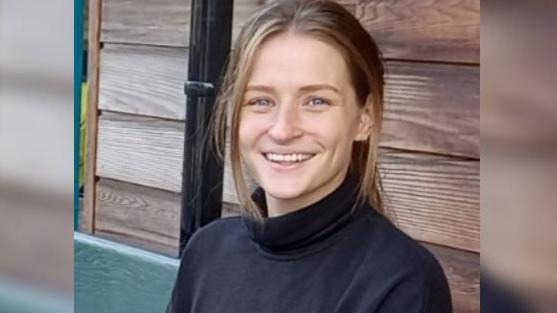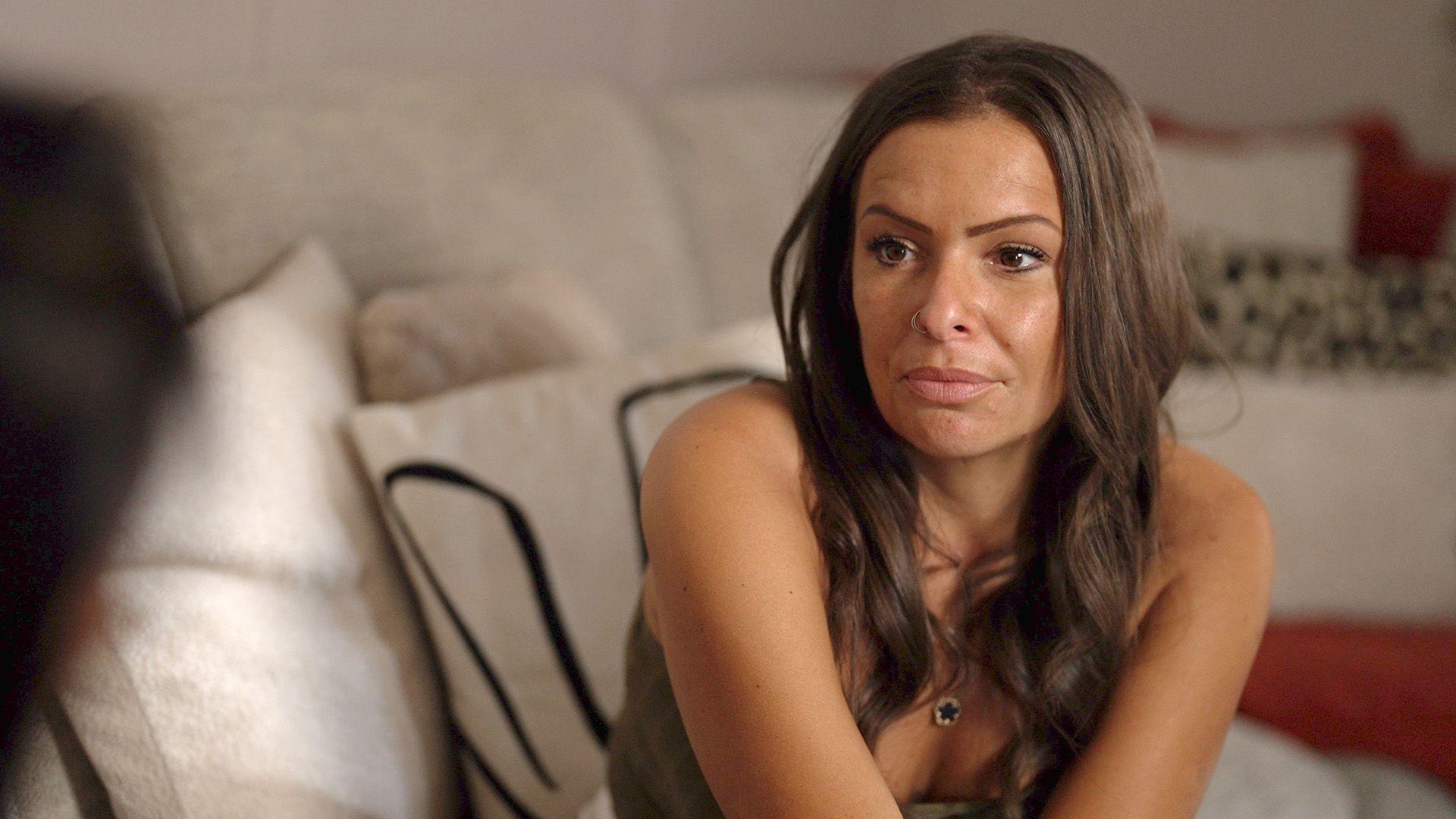Police overhaul approach to domestic abuse victims

Domestic abuse accounts for 20% of calls to Avon and Somerset Police
- Published
Jane believed her partner was in love with her, and at first he placed her on a pedestal. Within months, however, he became violent and controlling and turned her life into a living hell. He forced her to hand over thousands of pounds, take drugs and have sex with strangers for his pleasure.
Her local police force, Avon and Somerset, says it realises its approach to domestic abuse needed to change after calling in academics to examine how it operates.
Senior officers say the force is now on a mission to overhaul the way it tackles these crimes, with the understanding that victims like Jane - not her real name - find it hard to ask for help due to the controlling behaviour of their abusers.
*Warning: This article contains personal details of domestic abuse that some readers may find distressing.
Domestic abuse accounts for 20% of calls to Avon and Somerset Police, and senior figures fear a lack of joined-up thinking by officers means the force is missing opportunities to intervene.
In January this year, it opened its doors to a team of academics to conduct a no-holds barred analysis of its processes as part of Project Bright Light.
Det Supt Kris Windsor, the force's domestic abuse lead, said: "We know that at times there are things we are not doing right. We could be intervening at different points and that could mean a different outcomes."
Speaking to BBC West, she said: "What we know with survivors of domestic abuse is that mostly they'll have suffered two years' worth of abuse before they even pick up that phone."
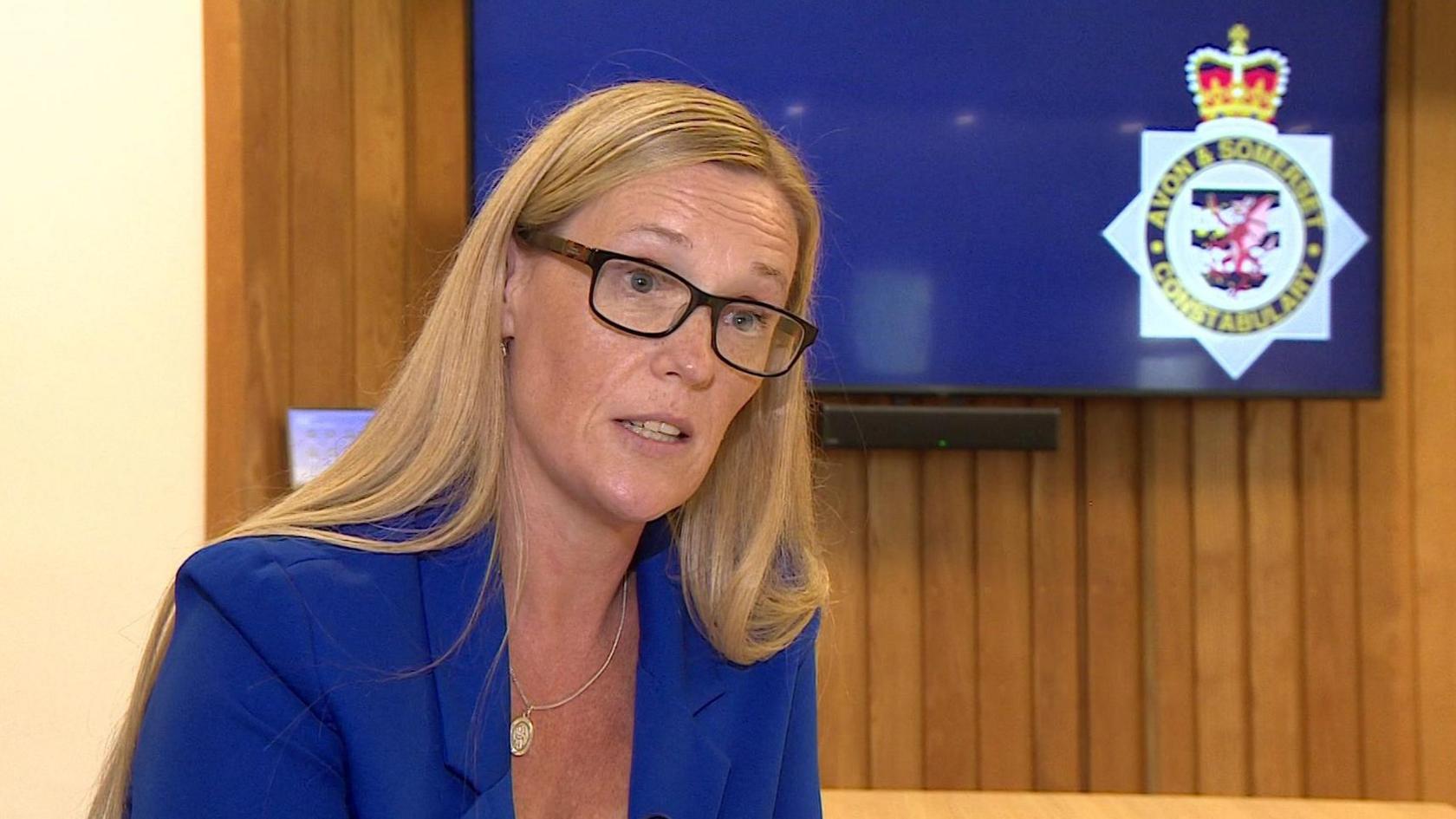
Det Supt Kris Windsor said police are missing chances to intervene
She added: "Perpetrators of domestic abuse are very good. They're very good at grooming people, at making people think that it's OK and it's normal and actually they're [the victim] the problem."
Det Supt Windsor said officers responding to incidents of domestic violence need to have the mindset that victims of domestic abuse are likely to have been subject to a long-running pattern of behaviour.
It is not the first time Avon and Somerset Police has tried this approach.
In 2023 academics combed through its approach to rape and serious sexual assault as part of Operation Bluestone.
The resulting policing strategies led to 71% increase in charge volumes, with 231 cases charged in 2024 compared to 62 in 2021, putting it among the highest charge rates for police forces in England and Wales .
The model is now being rolled out across all forces nationally.
But in cases of domestic abuse, the victim's lives are often so enmeshed with their abuser's that police can face even greater barriers to prosecution than they do with sexual violence.
Det Supt Windsor explained: "Often survivors won't even recognise that they're survivors of abuse - if you think about controlling coercive behaviour, [victims] don't recognise it as that.
"They're told things like, 'I'm just looking after your money to make sure you're okay', or 'your family and your friends are no good for you, I'm just looking out for you'."
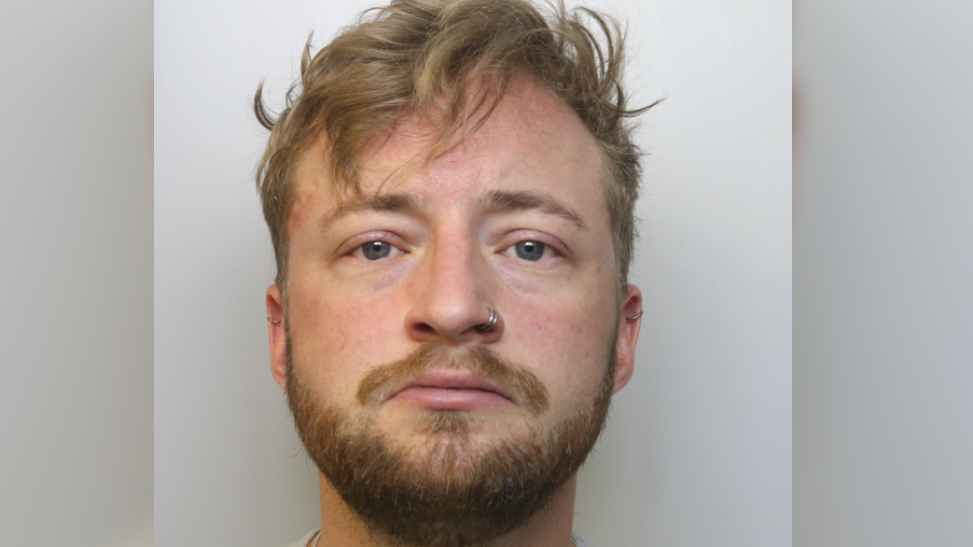
Kieron Goodwin would "love bomb" his victims before quickly turning abusive
Jane knows all to well what an abuser can do to a victim's state of mind.
She was one of four women subjected to emotional, sexual and physical abuse by Kieron Goodwin - who went on to murder his final partner Olivia Wood - and was jailed for life with a minimum term of 35 years in May.
"Abusers make your reality so warped and so stressful all of the time you can't actually see any of the abuse patterns happening," Jane said.
'Too afraid to sleep'
"So when you do get them being loving and kind you are so grateful for that - because they've been shouting at you for hours on end, in that small moment of peace, you're like 'well they love me again, that's fine'."
At times, she said she was so terrified Goodwin would kill her in her sleep, she forced herself to stay awake constantly, but she still believed she loved him.
"My friends and family had been brilliant but I was listening to what [Goodwin] was saying all of the time - that no one wanted me, that they hated me and I had to choose him," she said.
"There wasn't really anything anyone could do to stop me going back to him. I felt like I couldn't live without him at that point, even though it was such an awful situation."
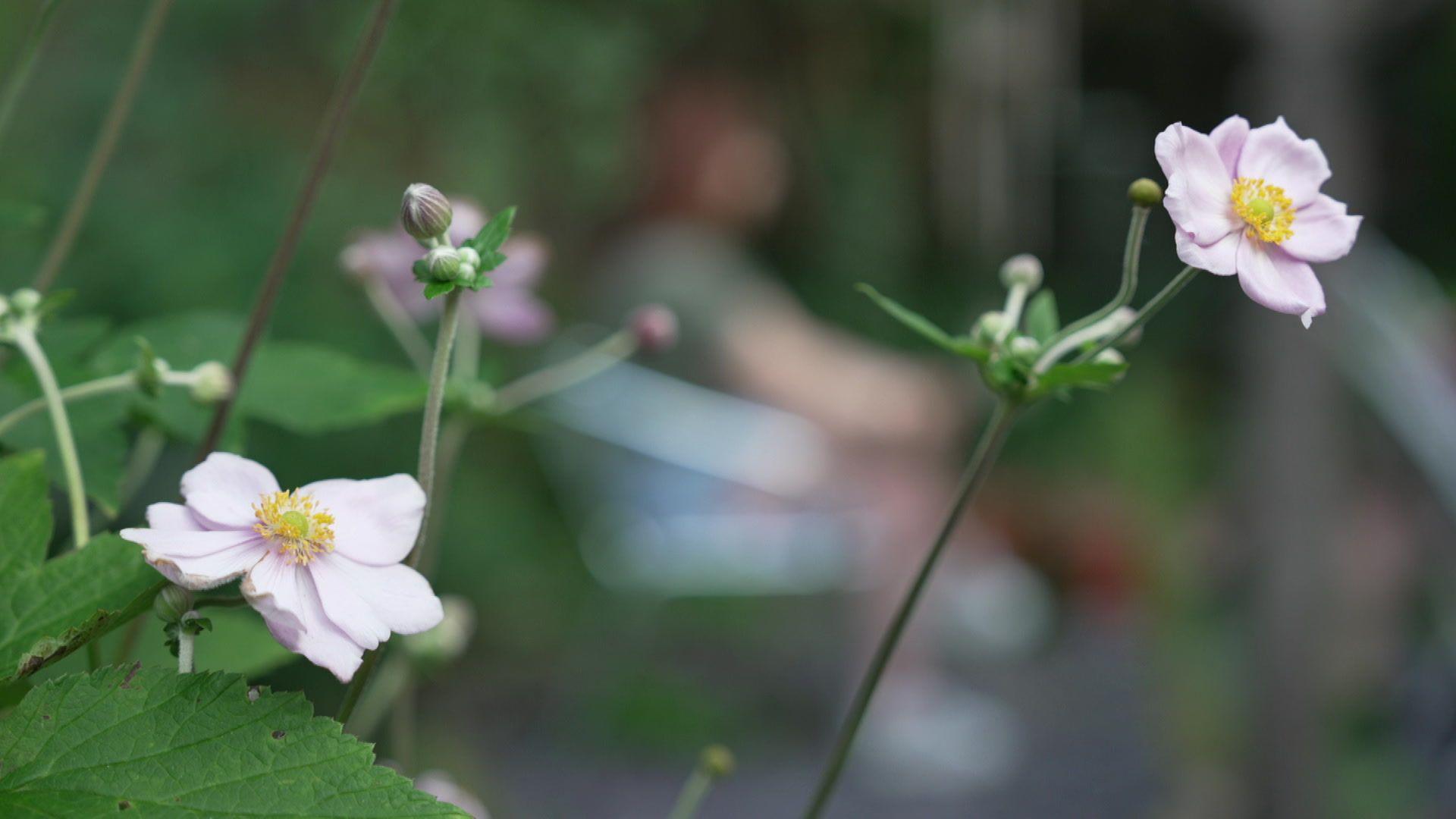
Jane was terrified her partner would kill her but still thought she loved him
Det Supt Windsor said moves to increase conviction rates must not come at the expense of the victim's autonomy.
"Just because someone's abusing them it doesn't mean they don't still love them - often they have children or they're financially dependent on them," she said.
"We can't go in and tell people 'you must leave'. That's not right either. Survivors need to be supported to be in the right space to be able to make those decisions."
She added: "Perpetrators take control away from people. We're really mindful that we can't then come in and take the control away from them as well."
'Every 30 seconds'
Det Supt Windsor said part of Project Bright Light would be empowering officers to take a "whole story approach" to domestic abuse.
"When you're getting calls around domestic abuse every 30 seconds and it makes up a majority of your workload, we need our officers to turn up thinking about 'right, this is what I'm walking into, what I need to listen to'," she said.
Emma feels that a lack of joined up thinking from police delayed her former partner from being brought to justice.
Joshua Kelly was jailed in July for the coercive control of seven women between 2020 and 2025 - he would "love bomb" is victims before quickly moving in with them and completely taking over their lives.
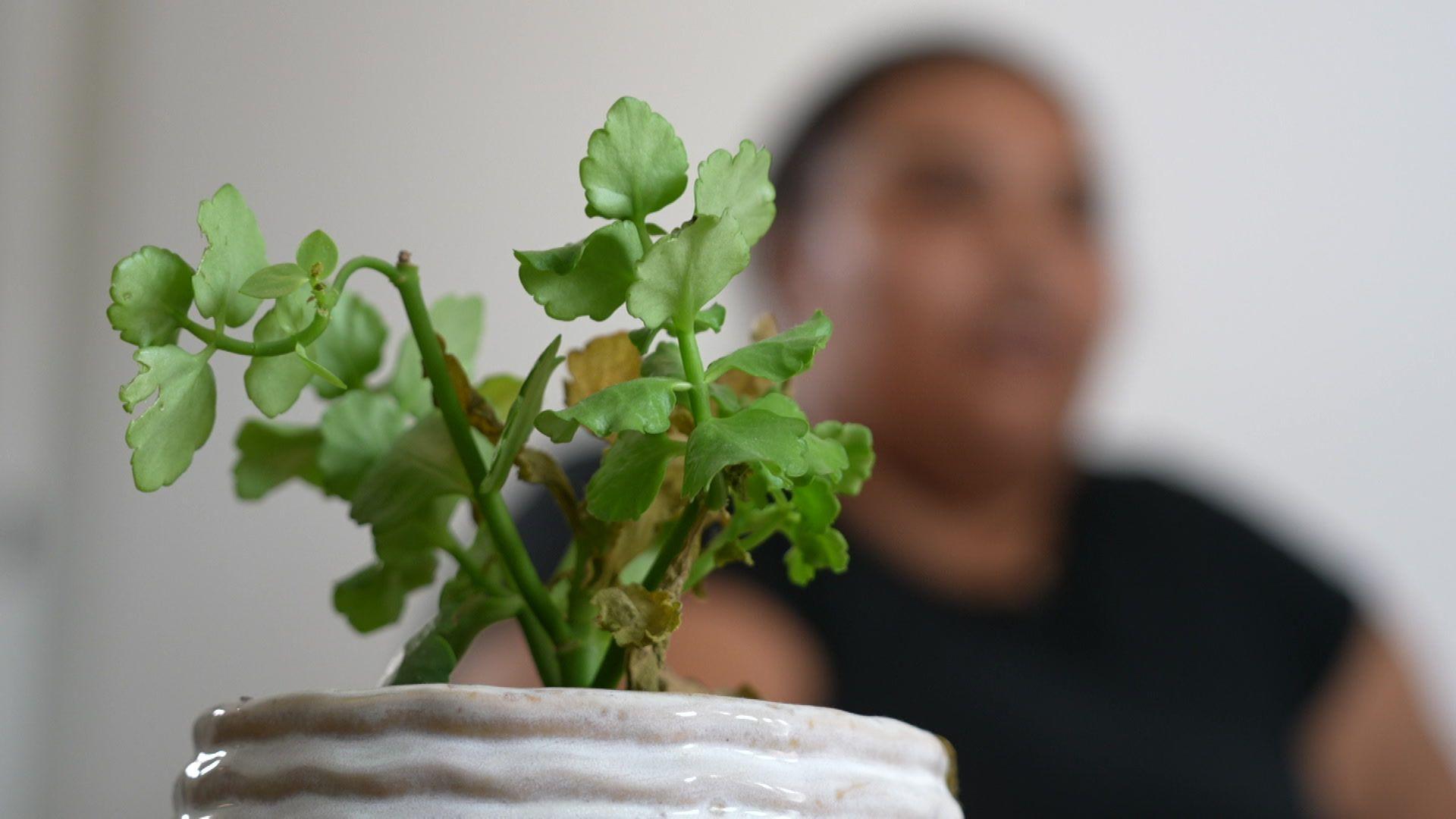
Emma believed her abuse was her own fault
Emma, not her real name, said that many of Kelly's partners made complaints to police, but he was repeatedly granted bail, leaving him free to move on to a fresh victim.
On several occasions he was arrested at her house in connection with offences against other women, but no officers checked to see if she was also being abused.
'I blamed myself'
By that point Emma said she was so worn down she wasn't in a position to seek help herself even when the police officers were present.
"I genuinely did feel like it was my fault, because that was what I was being told by [Kelly]. So I kind of felt at some points that I didn't deserve to get help," she said.
Det Supt Windsor said: "The focus needs to be on what is the behaviour of the perpetrator - what have they been doing and actually hearing the victim's voice and keeping them safe."
Avon and Somerset Police is still in the process of working through the academic team's findings, but expects to start developing its new approach towards the end of this year.
Emma said it was frustrating that police had taken so long to take action in her case, but added she was happy it might be a different story for domestic abuse victims in future.
"Ultimately the police got justice for all seven of us. So that's the main thing to focus on, rather than things we can't go back and change," she said.
If you have been affected by any of the issues in this story, help and support can be found at BBC Action Line.
Get in touch
Tell us which stories we should cover in Bristol
Follow BBC Bristol on Facebook, external, X, external and Instagram, external. Send your story ideas to us on email or via WhatsApp on 0800 313 4630.
- Published26 August
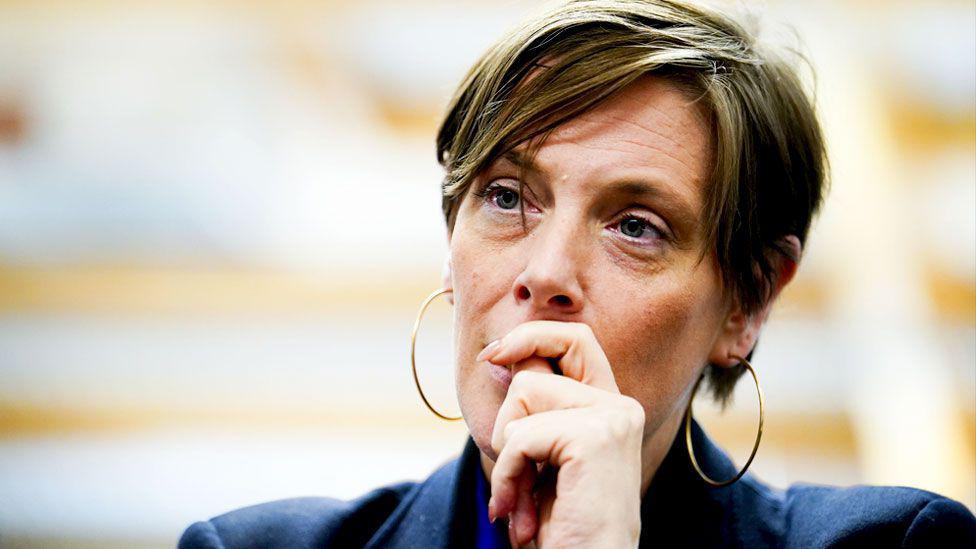
- Published25 April
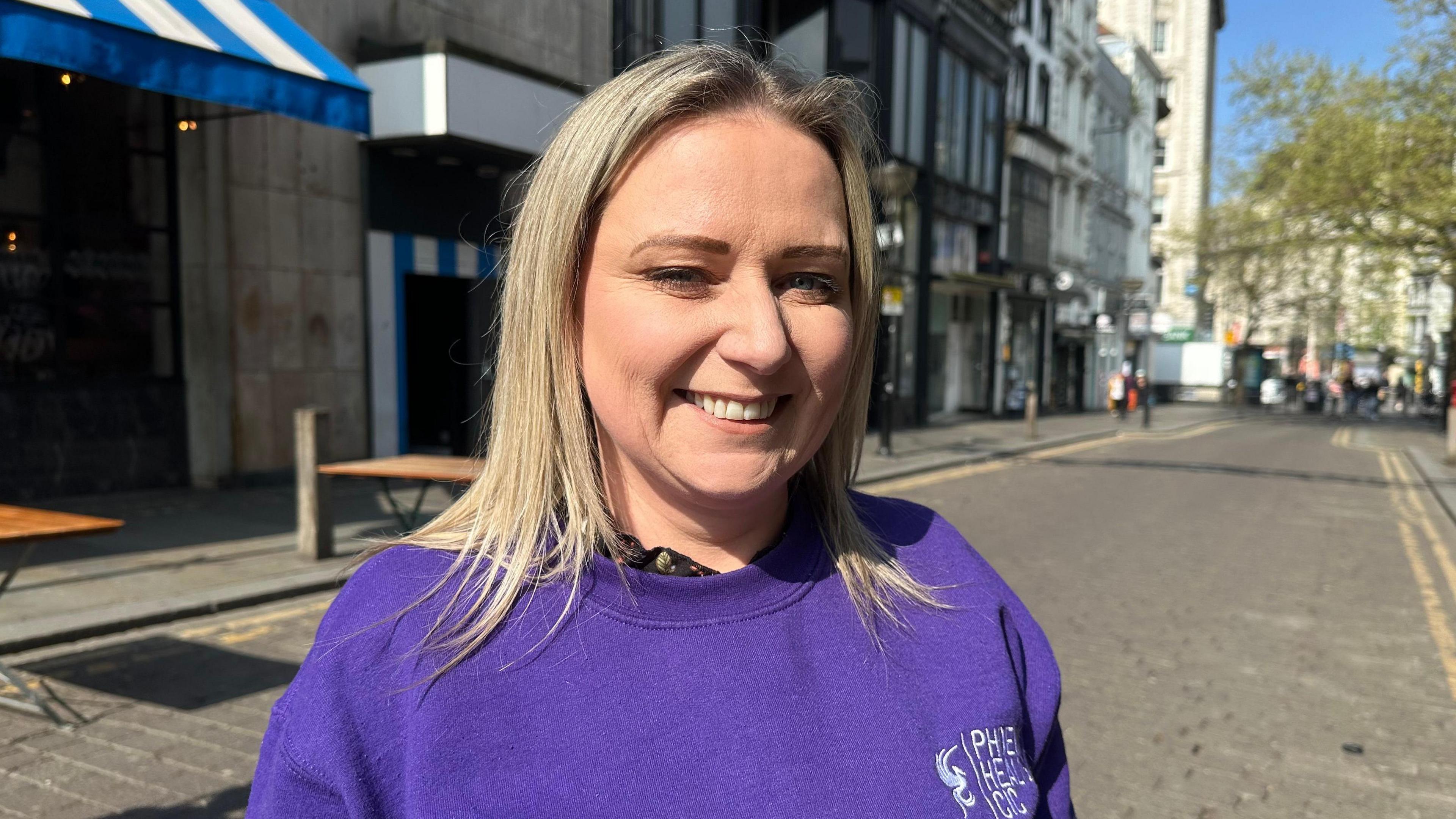
- Published24 April
